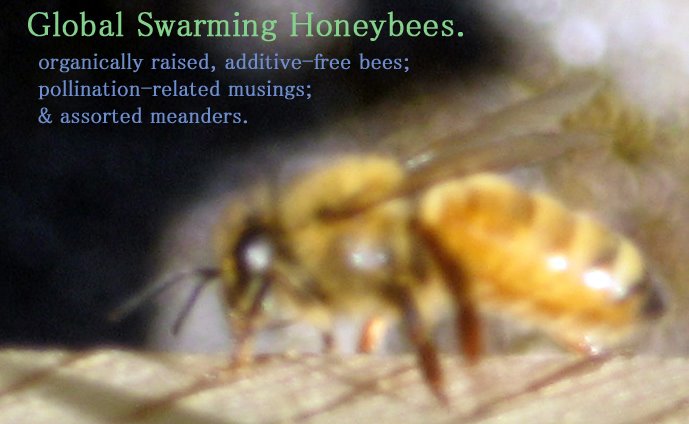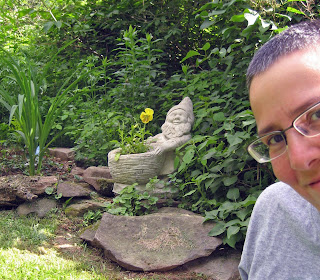The brilliant and wonderful Verlyn Klinkenborg weighs in in today's New York Times. A taste:
"I think the clearest way to understand the problem with cloning is to consider a broader question: Who benefits from it? Proponents will say that the consumer does, because we will get higher quality, more consistent foods from cloned animals. But the real beneficiaries are the nation’s large meatpacking companies — the kind that would like it best if chickens grew in the shape of nuggets. Anyone who really cares about food — its different tastes, textures and delights — is more interested in diversity than uniformity.
"As it happens, the same is true for anyone who cares about farmers and their animals. An agricultural system that favors cloned animals has no room for farmers who farm in different ways. Cloning, you will hear advocates say, is just another way of making cows. But every other way — even using embryo transplants and artificial insemination — allows nature to shuffle the genetic deck. A clone does not."






